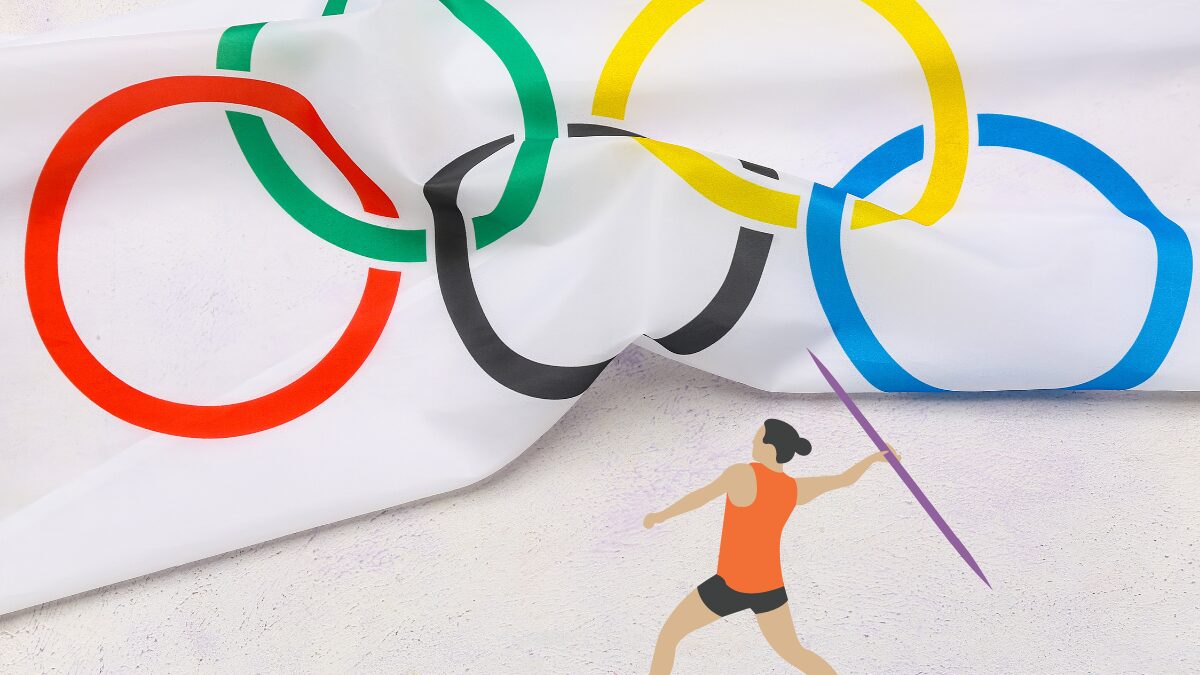Behind the rings: How companies can benefit from the Olympics

Summer has started, and with it a host of festivities, each more impressive than the last. Among all these entertainments is, of course, the biggest international sporting competition: the 2024 Olympic and Paralympic Games in Paris!
The Olympic Games are a major event attracting large numbers of people from all over the world. In other words, it's a godsend for many companies to do business by using and leveraging the worldwide reputation of the Olympic Games. Do you plan to reference the Olympics in your marketing? Here’s what you need to know.
Why are the Olympic assets IP protected?
Why is it so important to protect the intellectual property assets generated by the Olympic Games? The reasons are mainly economic and sporting. Indeed, the revenue generated by the strategic use of the International Olympic Committee's (IOC) intellectual property rights is distributed within the Olympic Movement and then redistributed to various players within the movement.
The International Olympic Committee retains only 10% of these revenues to offset the costs associated with the Olympic Movement's activities. The remaining 90% is dedicated to support the organization of the Games, promote Olympic values and develop sport worldwide. All this would be impossible without the funds generated by the strategic use of the intellectual property assets generated by this event. Publications of the IOC show that if the brands and assets associated with the Olympic Games were unprotected, and everyone could use the Olympic Properties as they saw fit, this would create a free collaboration with the competition. As a result, being a rights holder would become less relevant, and the value of acquired rights would be considerably weakened. This would make it more difficult for the IOC to obtain rights holders, thus depriving them of the revenue needed to organize the Games.
What does it mean if companies would want to make use of those assets in their marketing?
The popularity of the Olympic Games can give your business a boost but be well informed about the IOC’s guidelines of how to use the Olympic-related content in your marketing and promotion campaigns. Have a look at these do’s and don’ts;
Do’s
1. Use an official license.
Obtain an official license from the IOC or the relevant national Olympic committee if you want to produce and commercialize merchandise with the Olympic symbols.
2. Seek permission for media use
If you wish to use Olympic footage or images in a documentary or a news article, obtain the necessary permissions by contacting images@olympic.org.
Don’ts
1. Don’t engage in ambush marketing
Do not run advertising campaigns that imply an association with the Olympics if you are not an official sponsor.
2. Don’t create confusing similarities
Avoid designing logos or symbols that closely resemble the Olympic rings or other protected emblems.
3. Don't use Olympic symbols as a trademark without permission. Avoid using Olympic symbols or the Olympic name to identify a product or service without permission from the rights holder (trademark use).
Did you know that breaching the IOC’s rights can have severe consequences? Not only could the unlicensed merchant be requested to stop, they could also be inclined to pay for significant damages. An example is a restaurant in Canada that offered an "Olympic Burger" special during the Winter Games. They were forced to rename the burger and stop using Olympic-themed marketing without permission. Another example is a fitness studio in the U.S. that ran a marketing campaign titled "Olympic Training Workouts" featuring the Olympic rings. They had to halt the campaign and issue a public apology.
While some of these examples may seem innocent, breaching the IOC’s intellectual property rights could have severe consequences. Not only could the unlicensed merchant be requested to stop, they could also be inclined to pay for significant damages.
Conclusion
Respecting the intellectual property rights associated with the Olympic Games ensures the protection, legacy and sustainability of this historic event. By understanding and respecting these rights, individuals and businesses can avoid legal issues and support the integrity of the Olympic brand. Always seek proper permissions and adhere to guidelines to ensure that the Games continue to inspire and unite people worldwide for generations to come.